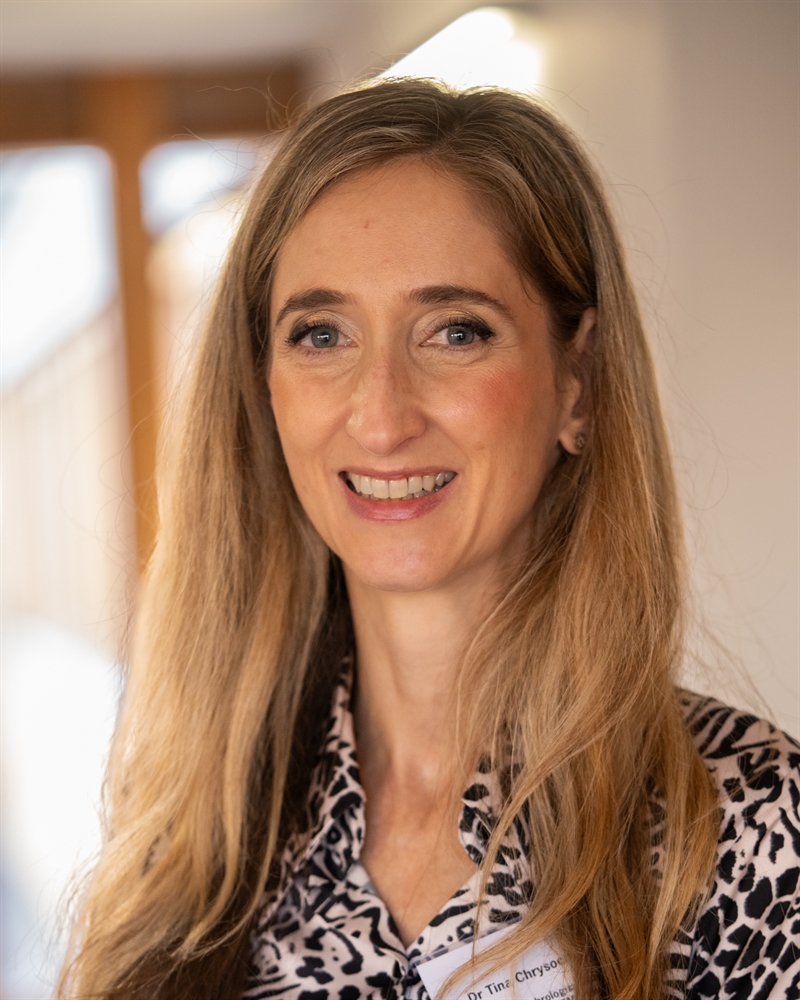Patients from the Fibromuscular Dysplasia (FMD) and SCAD communities joined an online event on 18 November hosted by Beat SCAD.
Kicking off the event, which had 40 attendees, Dr Aine De Bhailis (Renal Consultant, Salford Royal Hospital) discussed what FMD is, the types of FMD, symptoms and presentation, diagnosis and management.
Dr Tina Chrysochou (Principal Investigator UK FMD Study) then talked about FMD research and the Salford FMD clinic. She also announced the exciting news that there is now a UK FMD Study, sponsored by Salford Royal Hospital.
The study is the UK arm of research being done by The European/International Fibromuscular Dysplasia Registry and Initiative (FEIRI). It will be recruiting UK FMD patients, including children, and uploading data such as clinical characteristics, family history, types of FMD and complications as well as surgical or endovascular interventions*, to a central database.
The centres involved in the UK study are Salford, Barts NHS Health Trust, Birmingham, Chelsea & Westminster, Edinburgh, Epsom & St Heliers, Great Ormond Street, King’s College London and Leicester. Glasgow will be added at the next stage of onboarding.
Many SCAD patients also have FMD, so Beat SCAD Co-Founder and FMD patient advocate Karen Rockell talked to UK SCAD research lead, Dr David Adlam, about SCAD and FMD, asking questions, including whether management or treatment is different for SCAD patients with FMD and if having FMD increases the risk of recurrent SCAD. Click here to watch this video.
A Q&A session gave patients the opportunity to ask the experts, Dr Tina Chrysochou, Dr Aine De Bhailis and Dr Aparna Lukalapu, (Neurology Consultant, Salford Royal Hospital), about FMD. Beat SCAD Trustee Sarah Coombes led the session, which covered subjects including the number of people in the UK who have FMD, what the ‘red flag’ symptoms are, genetics, pain relief, exercise and how patients can be enrolled in the UK FMD Study.
In answer to the last question, Dr Tina Chrysochou said if people are being treated by one of the centres involved in the study, they can enrol the patient. If not, the clinician treating the patient can get in touch with her and colleagues so they can start the process of getting a new recruitment centre onboarded.
Rebecca Breslin, Chair of Beat SCAD commented “Beat SCAD was very happy to host this event as many SCAD patients are also diagnosed with FMD. The presentations provided lots of really useful information and we are excited that the UK is involved in this important research into FMD.”
Karen Rockell added: “I would like to thank Drs, Chrysochou, De Bhailis and Lukalpu for giving up their personal time on a Friday evening to talk to us. We are so lucky that they are so committed to helping find answers to better understand FMD and improve diagnosis and treatment. This gives FMD and SCAD/FMD patients hope for improved care and outcomes for which we are very grateful.”
Thanks to all the healthcare professionals who took part and to everyone who attended. You can watch the whole event here or click on the links above for the individual videos.
*Endovascular surgery is minimally invasive vascular surgery. Surgeons use tiny incisions to thread catheters through the skin into damaged blood vessels. The catheter will contain medications or miniature instruments for the treatment of vascular disease.

